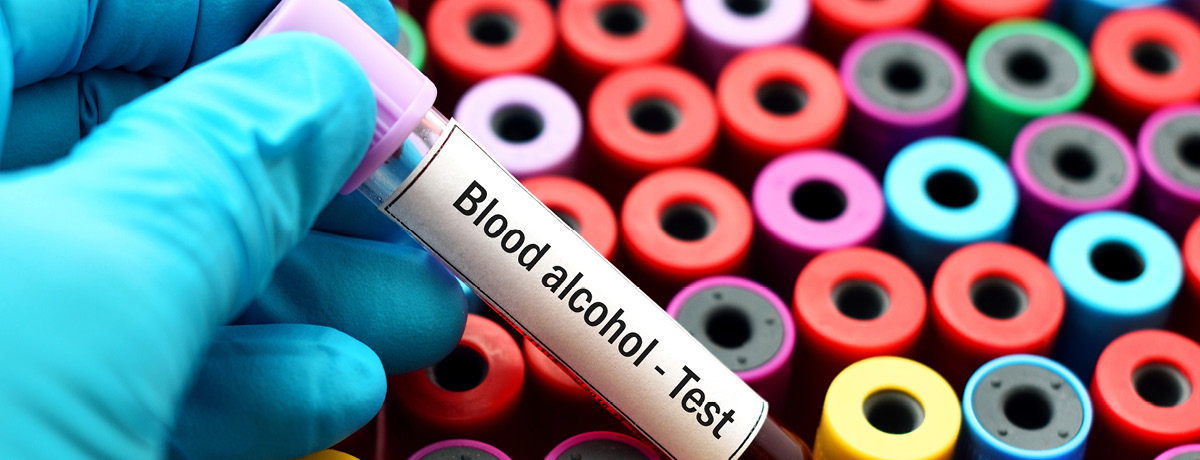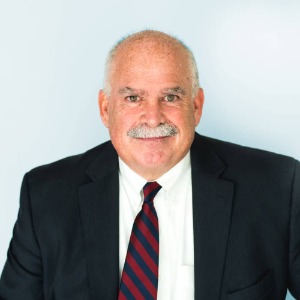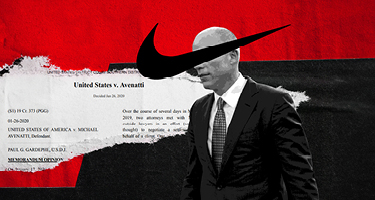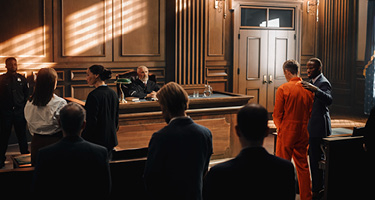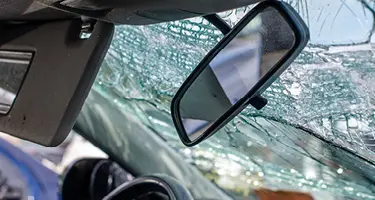For those of us who practice in the field of Operating Under the Influence (commonly referred to as driving while intoxicated), many have had occasion to receive the late night, early morning phone call from a client or potential client who is at the police station after having been arrested for OUI. The reason for the call is apparent: “Should I agree to submit to a blood alcohol test, or should I refuse?”
As an attorney who handles a large volume of these cases, I have always wrestled with what advice is correct. When an individual is arrested in Connecticut and charged with Operating Under the Influence, they are brought to the arresting agency police station to be processed and given the opportunity to submit to a blood alcohol test selected by the police. The choices are blood, breath or urine. With respect to the blood test, an arrestee is able to refuse with no penalty (unless there is a death or serious physical injury in relation to the arrest) (14-227c) in the criminal proceedings, and one of the other methods must be chosen. Additionally, if someone is suspected of being under the influence of drugs, a drug influence evaluation may be selected to be conducted by a drug recognition expert, and a request might be made to submit to that evaluation.
This is where it gets difficult. The arrestee is supposed to be read an implied consent advisory, which explains his/her options and the result that applies based on the choice selected. Effectively, you have Door “A” and Door “B.” If you agree to submit to the test and provide a result reflecting a blood alcohol content of .08 or greater, your right to operate a motor vehicle is suspended first for 24 hours and then for 45 days. As a condition of restoration of your operator’s license or privilege, you would be required to install and maintain a DMV-approved ignition interlock device (IID) for at least six months. On the other hand, if the test is refused, there is again a 24-hour revocation followed by a 45-day suspension of the right to operate. However, the IID requirement may go from at least six months up to a year, depending on how many prior DUIs the individual has been charged with.
So, what do we advise the caller? I believe the safer approach is to recommend that they refuse the test. If the test is taken, assuming the test is a failure, meaning the BAC is .08 or greater, evidence has now been provided to the state supporting the charge, which might not have otherwise existed. Also, we don’t know how well or poorly the arrestee performed on the field sobriety tests, whether there was an accident involved and what type of operation was observed. The other issue concerns the arrestee’s poor memory/history of what has led up to the arrest and the phone call.
I am reminded of a case that we ultimately handled wherein a lawyer was contacted by an arrestee who did not provide a full or detailed picture of what led up to his arrest. The lawyer was advised by the caller that it was his first time being charged with operating under the influence, and the lawyer on the call advised him to take the test, thinking that he would be eligible for an Alcohol Education Program (now known as the Impaired Driver Intervention Program [IDIP]). Unfortunately, what the lawyer was not told by the caller was that he had hit a pedestrian who had died. He took the test, failed and ultimately hired our firm to represent him. Thankfully, we were able to have the test results suppressed because the results were not personally delivered to the driver within 24 hours or by the end of the next regular business day, as required by statute. Obviously, this is an extreme example of a scenario supportive of recommending that the test not be taken; however, many of the scenarios that result in the phone call are not readily available to the attorney on the other end of the call, and therefore, a recommendation being made could potentially expose the caller to much greater consequences than if the test was refused. Although refusing the test extends the period required to operate with an ignition interlock device installation, the consequence seems minimal when considering the potential consequences that can ensue as a result of taking the test and failing. Although a refusal to submit to such a test is admissible and may be used against such a person in a criminal prosecution, certainly the demeanor of the operator, the evidence on body and dashcams and facts surrounding the arrest may be mitigating and sufficient to overcome any adverse inference from a refusal. Arguably, taking the test and failing presents a greater defense hurdle than refusing the test. This is despite the adverse inference that might be drawn in a prosecution for OUI where a defendant refuses to take the test. An elevated alcohol level in a prosecution for operating under the influence presents much greater hurdles than defending based upon a refusal.
Another issue to consider when you get the call from the police station is that the penalties are much more severe for someone who has a prior conviction for operating under the influence, and if this information is not made available when the call is made, you would also be placing the caller in a greater risk of serious consequences by recommending that the test be taken.
A blood alcohol test should not be recommended despite the short-term consequences of being required to operate a motor vehicle with an IID for a longer period of time. The fact that many times when callers reach out, it’s the first time they have ever been arrested for operating under the influence and they are eligible for the IDIP still doesn’t negate the possibility of a much greater adverse consequence related to a prosecution should the test be taken and the results reflect an elevated blood alcohol level. It is better not to take the test than to take it and fail.

Charles E. Tiernan, III has been an attorney with the New Haven law firm of Lynch, Traub, Keefe & Errante since 1983 and became a partner in 1988. He has extensive experience in all phases of criminal law and litigation, including trials in both State and Federal court. Attorney Tiernan also handles cases involving all aspects of workers’ compensation and other matters before state administrative agencies. Tiernan has argued appeals before the Connecticut Supreme Court and Connecticut Appellate Court.

